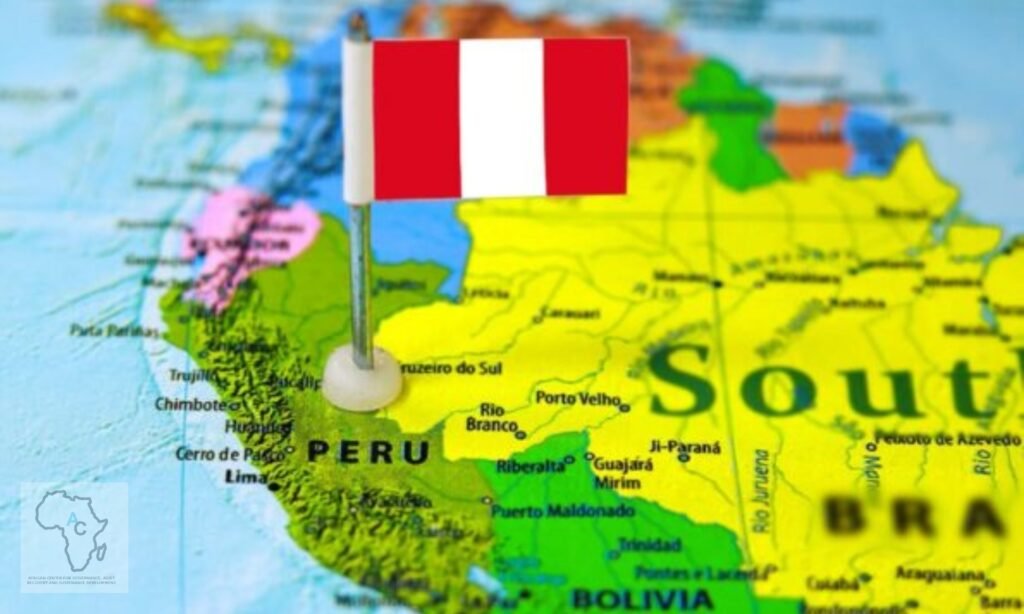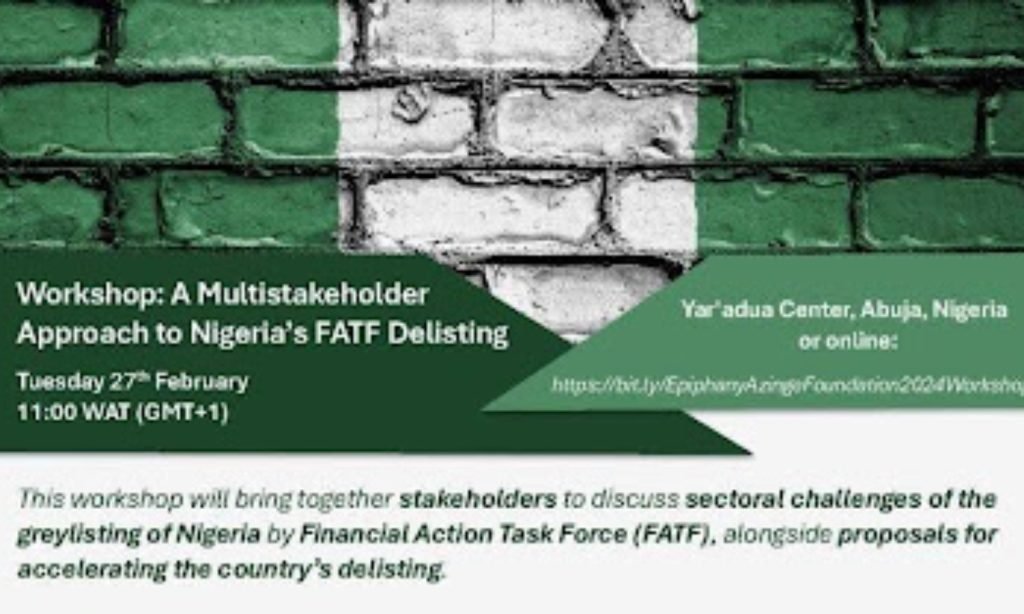
As Chair of the UNCAC Coalition’s Victims of Corruption Working Group, I welcome the opportunity to reflect on the amicus brief in the Qali Warma case in Peru. This case concerns allegations of serious corruption in the country’s national school feeding program. The lead petitioner, Proética—Transparency International’s chapter in Peru, has consistently advanced integrity and accountability in public life.
Prosecutors allege that Dina Boluarte, now President of Peru, abused her position as Minister of Development and Social Inclusion to improperly award Qali Warma contracts to favored suppliers. Reports indicate that she colluded with associates so they could be hired as service providers in the program, undermining the integrity of a scheme designed to provide nutritious meals to schoolchildren.
In a landmark ruling on March 9, 2025, Peru’s Supreme Court recognized Proética as an aggrieved party in the proceedings. The Court affirmed Proética’s tutela de derechos (protection of rights) and granted it standing, underscoring that corruption produces not only abstract harm to the State but also “real and direct victims, such as the student beneficiaries of the Qali Warma program.” The Court further emphasized that civil society organizations have the right to defend collective and diffuse interests affected by corruption, in line with Article 94.4 of the Peruvian Criminal Procedure Code and the United Nations Convention against Corruption (UNCAC).
Proética’s refusal to be sidelined in the Qali Warma investigation has produced a significant judicial victory for public-interest litigation. After repeatedly being denied participation by prosecutorial offices, Proética took its case to the country’s highest court. The Supreme Court has now affirmed that civil-society organisations with a bona fide collective interest may participate in corruption prosecutions where public welfare—here, the safety and nutrition of schoolchildren, is at stake. The judgment restores Proética’s access to the investigation, mandates reasoned prosecutorial decisions, and opens the door to stronger civil oversight of corruption probes.
This decision reflects a broader international consensus. The UNCAC calls for civil society participation in the fight against corruption (Article 13) and guarantees the right of victims to seek redress (Article 35). By recognizing Proética as a party to the case, the Court gave practical effect to these provisions, affirming that corruption’s victims, including schoolchildren deprived of safe meals, must have a voice in legal proceedings. Experts have rightly described this as a standard grounded in both human rights and anti-corruption policy.
The significance of this ruling is clear: it strengthens the fight against corruption by expanding participation in prosecutions beyond the State. It also confirms that corruption inflicts tangible harm on people and communities, not only on government institutions. For our Working Group, this is an important victory. We have long argued that corruption causes widespread social harm and that both individuals and communities must be recognized as victims entitled to justice. Peru’s highest court has now set that precedent.
I urge colleagues across Africa and globally to draw inspiration from this case. Peruvian civil society has shown that strategic litigation, grounded in international standards, can secure accountability for collective harm. Africa faces similar challenges: children denied education, patients denied healthcare, and communities deprived of development because of corruption. Our governments and courts must recognize these collective harms and empower civic organizations to act in defense of the victims.
The UNCAC and human rights frameworks already support this path. Now Peru’s example shows it can be achieved in practice. Together, we must pursue a victim-centered approach to corruption, ensuring that the most vulnerable are heard in court, and demonstrating that no one, not even a sitting President, is above the law.
Finally, the UNCAC Coalition expresses its deep appreciation to Mathias Huter, Managing Director, UNCAC Coalition, for his invaluable contributions, and the Cyrus R. Vance Center for International Justice for its support in drafting this amicus curiae brief.
— Juliet Ibekaku-Nwagwu
Chair, UNCAC Coalition Working Group on Victims of Corruption
Founder, African Center for Governance, Asset Recovery and Sustainable Development
Read the amicus curiae brief through the link:
https://uncaccoalition.org/amicus-uncac-vc-caso-tutela-abia-en-us/


